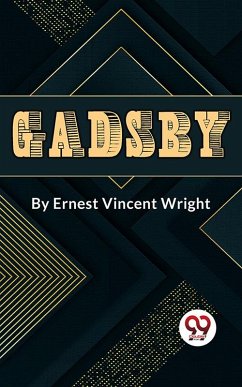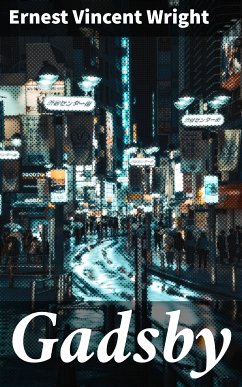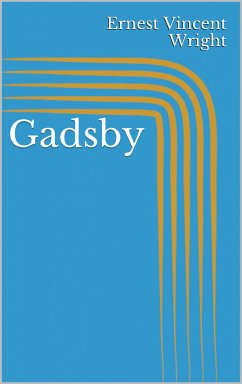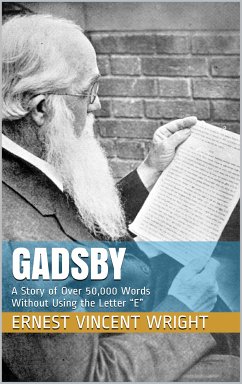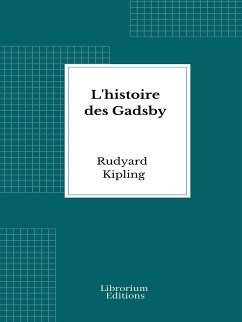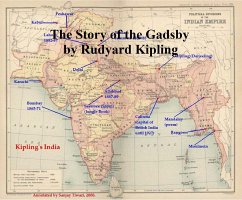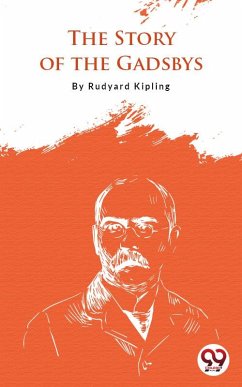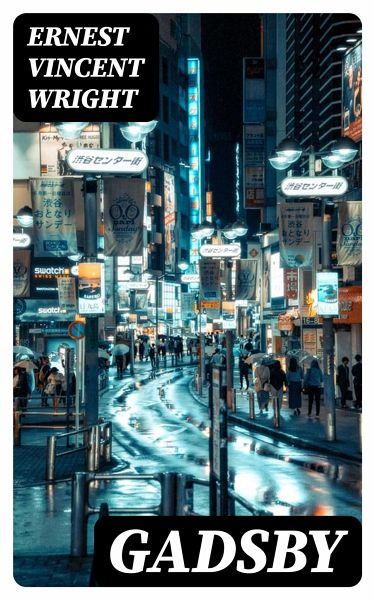
Gadsby (eBook, ePUB)
A Story of Over 50,000 Words Without Using the Letter "E"

PAYBACK Punkte
0 °P sammeln!
In 'Gadsby', Wright presents a unique literary experiment, conspicuously narrated without the use of the letter 'e', a feat that offers a fresh perspective on narrative constraints. This 1939 novel unfolds in the fictional town of Branton Hills and tells the story of a young man named John Gadsby, who endeavors to revitalize his community through various means, including art and civic responsibility. This linguistic challenge not only showcases Wright's dexterity as a writer but also evokes a rich, if constrained, narrative voice, allowing readers to appreciate the depth of character developme...
In 'Gadsby', Wright presents a unique literary experiment, conspicuously narrated without the use of the letter 'e', a feat that offers a fresh perspective on narrative constraints. This 1939 novel unfolds in the fictional town of Branton Hills and tells the story of a young man named John Gadsby, who endeavors to revitalize his community through various means, including art and civic responsibility. This linguistic challenge not only showcases Wright's dexterity as a writer but also evokes a rich, if constrained, narrative voice, allowing readers to appreciate the depth of character development and thematic exploration of community, ambition, and the nature of communication itself. Ernest Vincent Wright was a forward-thinking writer whose fascination with language and form is palpable throughout his works. Born in 1872, Wright's diverse experiences as an artist, writer, and public speaker undoubtedly influenced his decision to craft such a daring narrative. His commitment to pushing the boundaries of literature and exploring the relationship between language and story aligns seamlessly with the unique structure of 'Gadsby', embodying his belief in the transformative power of creativity. For readers who appreciate innovative literature and the power of linguistic constraints, 'Gadsby' serves as an engaging exploration of narrative possibility. Its inventive style invites both admiration and contemplation, making it a compelling read for anyone interested in the evolution of literary forms or the intricate dance of language itself.
Dieser Download kann aus rechtlichen Gründen nur mit Rechnungsadresse in A, B, BG, CY, CZ, D, DK, EW, E, FIN, F, GR, H, IRL, I, LT, L, LR, M, NL, PL, P, R, S, SLO, SK ausgeliefert werden.




